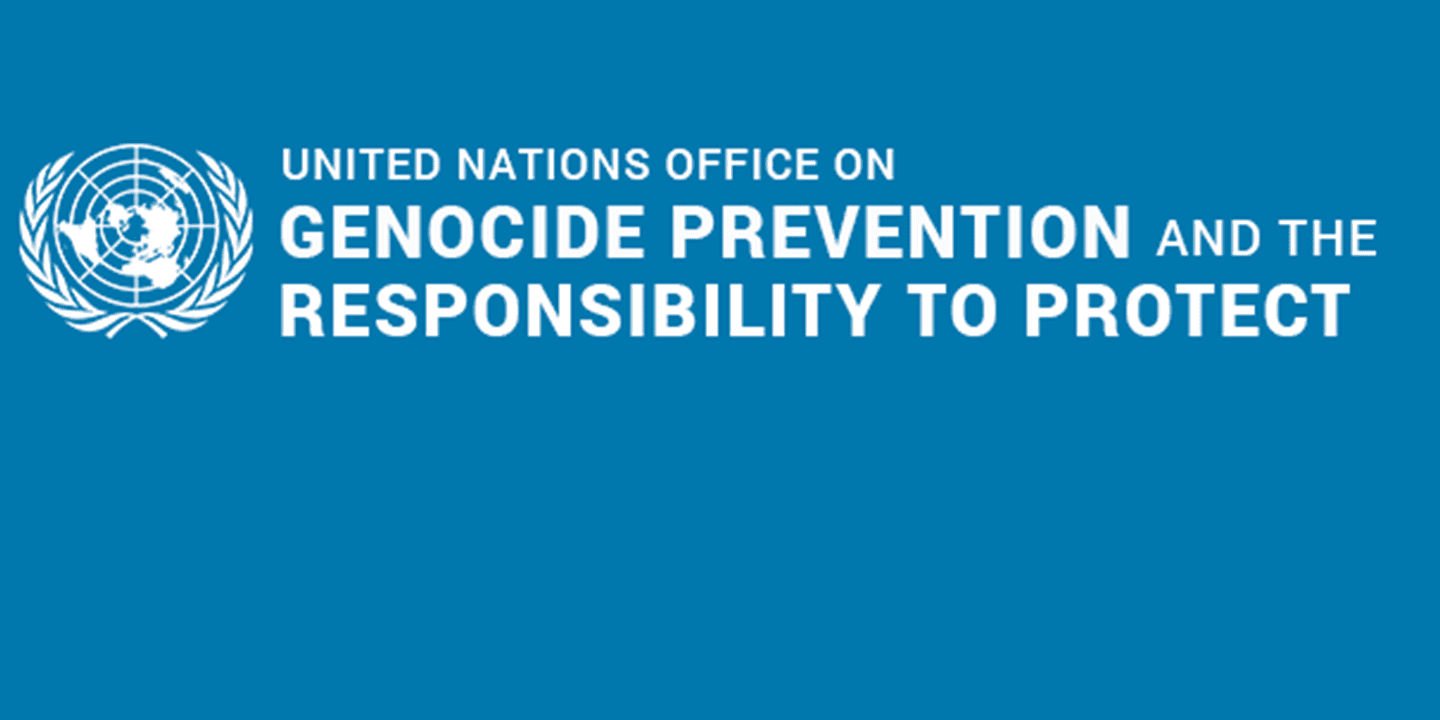
Statement by the UN Special Advisers on the Prevention of Genocide and the Responsibility to Protect on the situation in Yarmouk, Syria, April 2015
(New York) The Special Advisers of the Secretary-General on the Prevention of Genocide, Adama Dieng, and on the Responsibility to Protect, Jennifer Welsh, express deep concern about the deteriorating situation of besieged civilian populations in Yarmouk, where more than 18,000 Palestinian and Syrian civilians, including 3,500 children, are trapped by renewed fighting for territorial control among different armed groups, including the so-called Islamic State of Iraq and the Levant (ISIL). The alleged aerial bombardments by Syrian security forces of residential areas in Yarmouk represent an additional threat to the safety of the civilians trapped in Yarmouk.
The Special Advisers strongly condemned the ongoing fighting. “We have received reliable reports that civilians have been killed. In addition, the fighting has worsened the already dire humanitarian situation in Yarmouk, with people left without access to water, food or medicine. Having survived more than two years of a siege by government forces, thousands of civilians are now being held hostage in a battle zone and face death as a result of the dire conditions and the fighting.” The Special Advisers reiterated calls for an immediate cessation of hostilities, unimpeded access of humanitarian actors to Yarmouk and safe passage out of the area for civilians wishing to leave. They appealed to all parties to abide by their obligations under international humanitarian and human rights law and underlined the obligation to protect civilians at all times.
The Special Advisers noted that all parties to the conflict in Syria, including the Syrian Government, non-State armed groups, extremist and listed terrorist groups such as ISIL and the Al Nusra Front, have reportedly committed grave violations and abuses of human rights and violations of international humanitarian law that may amount to war crimes and crimes against humanity. They called on all actors with influence in Syria to ensure the protection of the civilian populations and avert the possibility of further atrocity crimes.
The Special Advisers recalled the commitment by all Heads of State and government in 2005 to protect populations from genocide, war crimes, ethnic cleansing and crimes against humanity and to cooperate in fulfilling their collective responsibility to protect. The Special Advisers stressed the primary responsibility of the Syrian Arab Republic to protect its populations from atrocity crimes and expressed concern at its continued failure to do so.
However, they emphasized the parallel responsibility of the international community to take timely and decisive action to protect populations in Syria. “The Security Council bears particular responsibility to end the bloodshed and to ensure the protection of civilians. Member States must overcome their differences and seek new ways to protect civilians in Syria. The international community cannot continue to fail the people of Syria”, stated the Special Advisers.